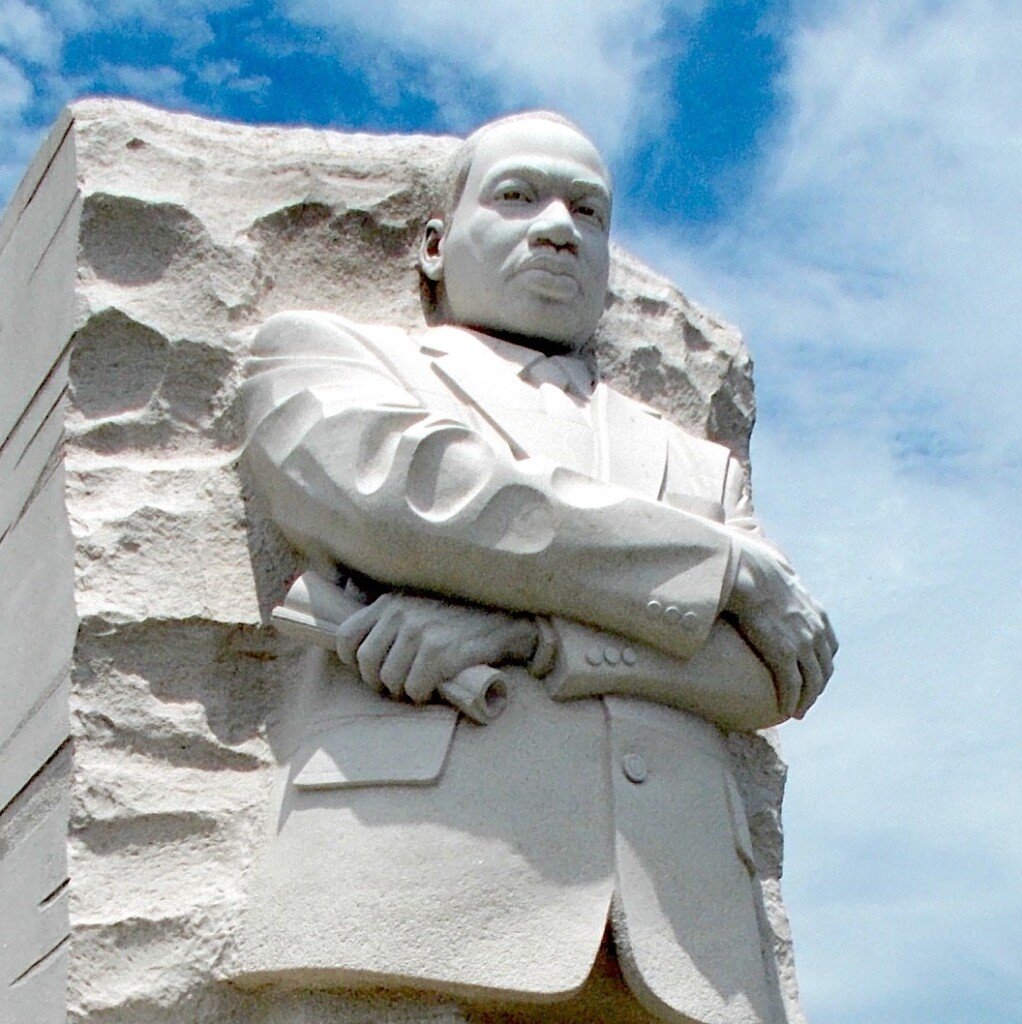The Benefits of Thinking Big
It’s hard to overstate the impact the BeltLine has had on Atlanta even in its incomplete state.
It is almost impossible to think about the city of Atlanta without the BeltLine. Atlanta is famous for the Civil Rights Movement, hip-hop, the Fox Theatre and Coca-Cola. Now, the BeltLine has joined that esteemed list.
 For those unfamiliar with it, the Atlanta BeltLine is a planned network of parks, trails, transit and affordable housing along a historic 22-mile railroad corridor which is connecting intown neighborhoods and improving economic opportunity and sustainability, according to the Atlanta BeltLine, Inc. It was first envisioned by Georgia Tech grad student Ryan Gravel and the idea quickly picked up steam among Atlanta leaders.
For those unfamiliar with it, the Atlanta BeltLine is a planned network of parks, trails, transit and affordable housing along a historic 22-mile railroad corridor which is connecting intown neighborhoods and improving economic opportunity and sustainability, according to the Atlanta BeltLine, Inc. It was first envisioned by Georgia Tech grad student Ryan Gravel and the idea quickly picked up steam among Atlanta leaders.
Since the first paved section opened in the West End in 2008, development has advanced with 85% of the mainline trail network expected to be finished or under construction by the end of this year and the entire loop slated to be complete by 2030.
It’s hard to overstate the impact the BeltLine has had on Atlanta even in its incomplete state. Perhaps the best example is the Eastside Trail, which connects Piedmont Park to Inman Park and the Old Fourth Ward and is home to Ponce City Market, another nascent Atlanta icon that opened in 2014.
Restaurants, bars, breweries, offices and residences have been built along that segment at a staggering pace, and on a pleasant afternoon, thousands of people will traverse the corridor on foot, bike, scooter, and one day, mass transit. Overall, the Atlanta BeltLine is expected to contribute more than $10 billion in economic growth and an additional 50,000 permanent jobs.
Of course, major economic growth rarely comes cheap. More than $800 million has been spent to date. The projected cost for the BeltLine through its completion is $4.8 billion, including transit, with funding coming from a mix of sources that include local tax dollars (many of which are being raised within the BeltLine’s footprint) and private donations.
Some critics say the BeltLine brings gentrification and pushes out working-class residents. They say such displacement can transform lower-income neighborhoods into affluent areas rather than diverse communities. And while some of this criticism has merit, I have seen BeltLine leadership establish a Legacy Resident Retention Program and purchase land near the corridor to create deeper and longer-term affordable developments.
I believe the BeltLine is a public good, one which has already transformed our city for the better. Building the BeltLine has, at its core, built new communities and connections in our city, bringing us closer together in a way that I think even the most optimistic projections couldn’t have anticipated. When I walk on the BeltLine, I see families, friends and colleagues having a beer, getting some exercise and enjoying the freedom to explore Atlanta without a car. The joy that it has brought so many of our residents and visitors would be hard to quantify in a grant proposal but make it a priceless investment.
We have the BeltLine because we’ve had bold thinkers – from Gravel to former Atlanta City Council President Cathy Woolard to mayors Shirley Franklin, Kasim Reed, Keisha Lance Bottoms and now Andre Dickens, alongside countless city council members, county commissioners and school board members – commit to making it possible. They all knew what a monumental undertaking it would be, but they also knew what we have the power to do when we collectively mobilize to fundamentally, equitably transform our city for the better.
I don’t believe the lessons of the BeltLine have to be unique to Atlanta. There was a time in this country’s history when our imagination was limitless. From national electrification infrastructure to the interstate highway system to public transit systems like MARTA, we approached massive undertakings with gusto. We saw the benefits of revolutionary investments, and we made them possible.
Now, it’s often a struggle to get people to agree on what to name a bridge, much less build one. America became one of the greatest countries in the world because we weren’t afraid to pursue big ideas, and we recognized that the best way forward was to create a basic foundation of resources, from homes to food to transportation, that all people could access.
While division across the country has now put many of those resources at risk, I believe the Atlanta BeltLine shines as a beacon of what is possible when we let our imaginations loose again. The first step to rebuilding our divided communities is connecting them, a promise that the BeltLine is on track to fulfill.
Tharon Johnson can be seen Sunday mornings on The Georgia Gang on Fox 5 Atlanta and is the founder and CEO of Paramount Consulting Group.







